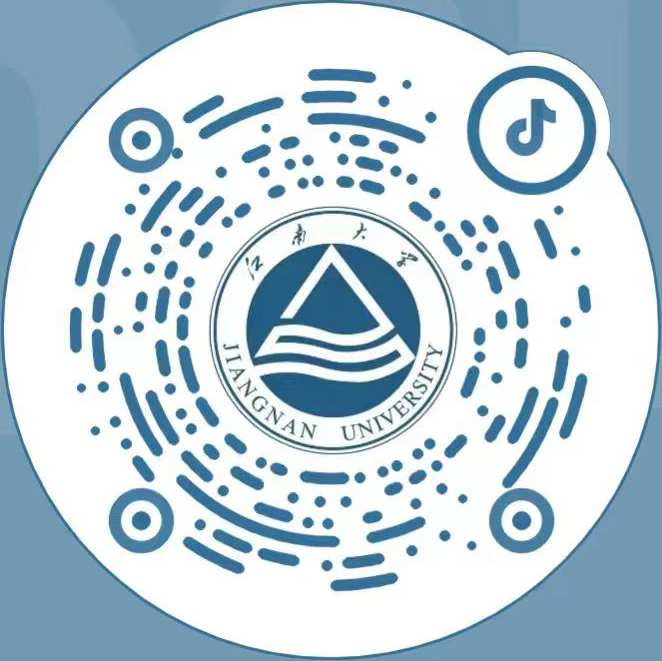讲座题目:Climate Policy Uncertainty Shocks and the Volatility Risk in Commodity Markets
主讲嘉宾:李延双
时间:2025年10月24日 (周五)14:00-16:00
地点:商学院116报告厅
欢迎广大师生参加!
江南大学商学院
2025年10月23日
主讲嘉宾简介
李延双,东北财经大学金融科技学院副教授,硕士生导师,东北大学金融学博士、天津大学管理科学与工程博士后,澳大利亚悉尼大学国家公派访问学者。研究领域为金融工程与风险管理、金融复杂系统、金融科技、绿色金融。主持国家自然科学基金青年项目、中国博士后科学基金项目、辽宁省社会科学基金项目、辽宁省教育厅科研项目、辽宁省社科联项目;参与国家自然科学基金、国家社会科学基金、教育部人文社科基金等项目;在《管理科学学报》、《管理工程学报》、《运筹与管理》、《Economics Letters》、《Journal of International Financial Markets, Institutions & Money》、《International Review of Financial Analysis》、《Pacific Basin Finance Journal》、《Energy Economics》等国内外学术期刊上发表论文20余篇。担任《International Review of Financial Analysis》、《Energy Economics》、《International Journal of Finance and Economics》、《Journal of International Financial Markets, Institutions & Money》、《Finance Research Letters》、《Financial Innovation》、《运筹与管理》、《系统科学与数学》、《财经理论与实践》等20余个期刊的同行评审专家。
讲座主要内容
Using a novel news-based climate policy uncertainty (GCPU) index, we empirically examine the impact of global climate policy uncertainty shocks on commodity market volatility risk. Our findings reveal the implicit cost of policy chaos, demonstrating that GCPU significantly amplifies commodity futures volatility, particularly following major climate policy events. In addition, the interaction analysis shows that monetary tightening exacerbates this volatility amplification, highlighting the role of macro-financial conditions. Channel analyses further indicate that GCPU increases volatility by raising inventory scarcity on the supply side and by heightening investor attention while reducing speculative activity on the demand side. Moreover, sectoral analysis reveals heterogeneous effects, with agriculture and metals showing significant positive sensitivity overall, while energy commodities remain highly sensitive but exhibit heterogeneous responses across individual contracts. We also trace the dynamic risk spillover effects from GCPU to commodity volatility using the network connectedness framework (Diebold and Yilmaz, 2014), revealing shock propagation within the market. Asset-level analysis identifies corn and aluminum as highly policy-sensitive, while gold may function as a safe haven. These findings advance the understanding of climate policy risk transmission and provide actionable insights for policymakers and commodity market participants.

















